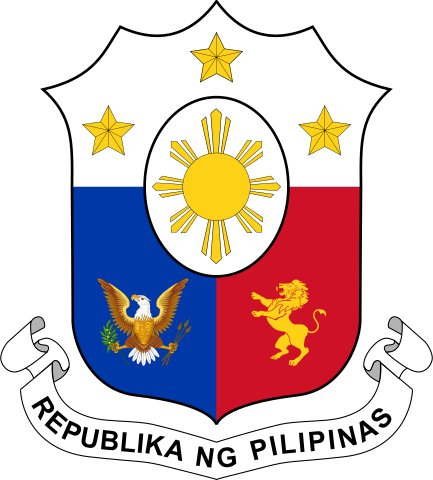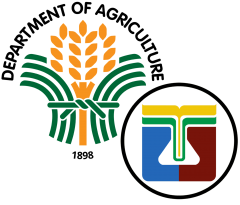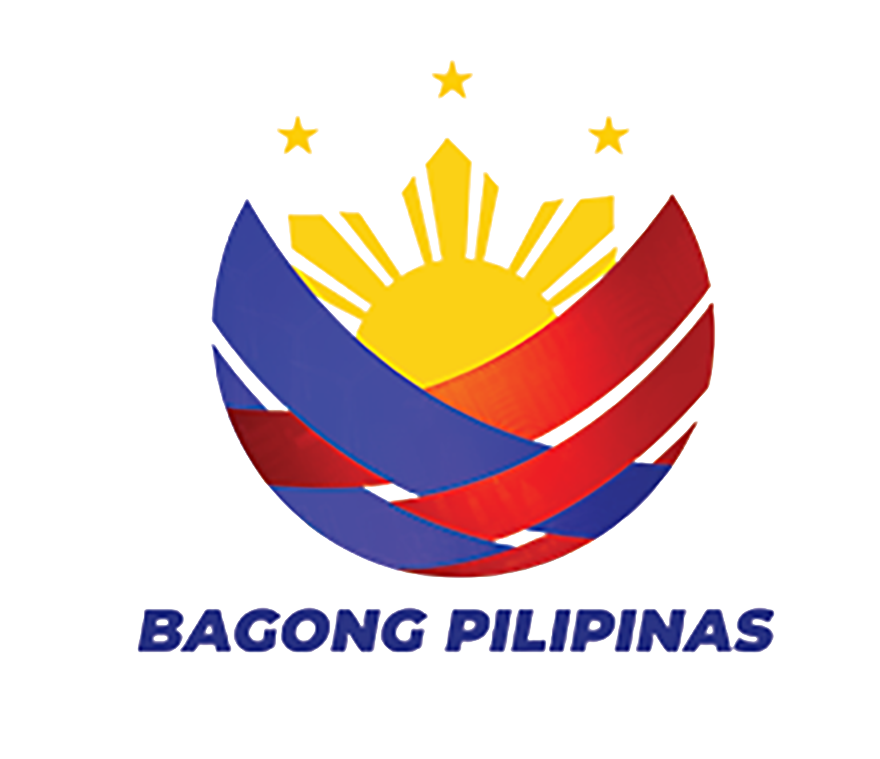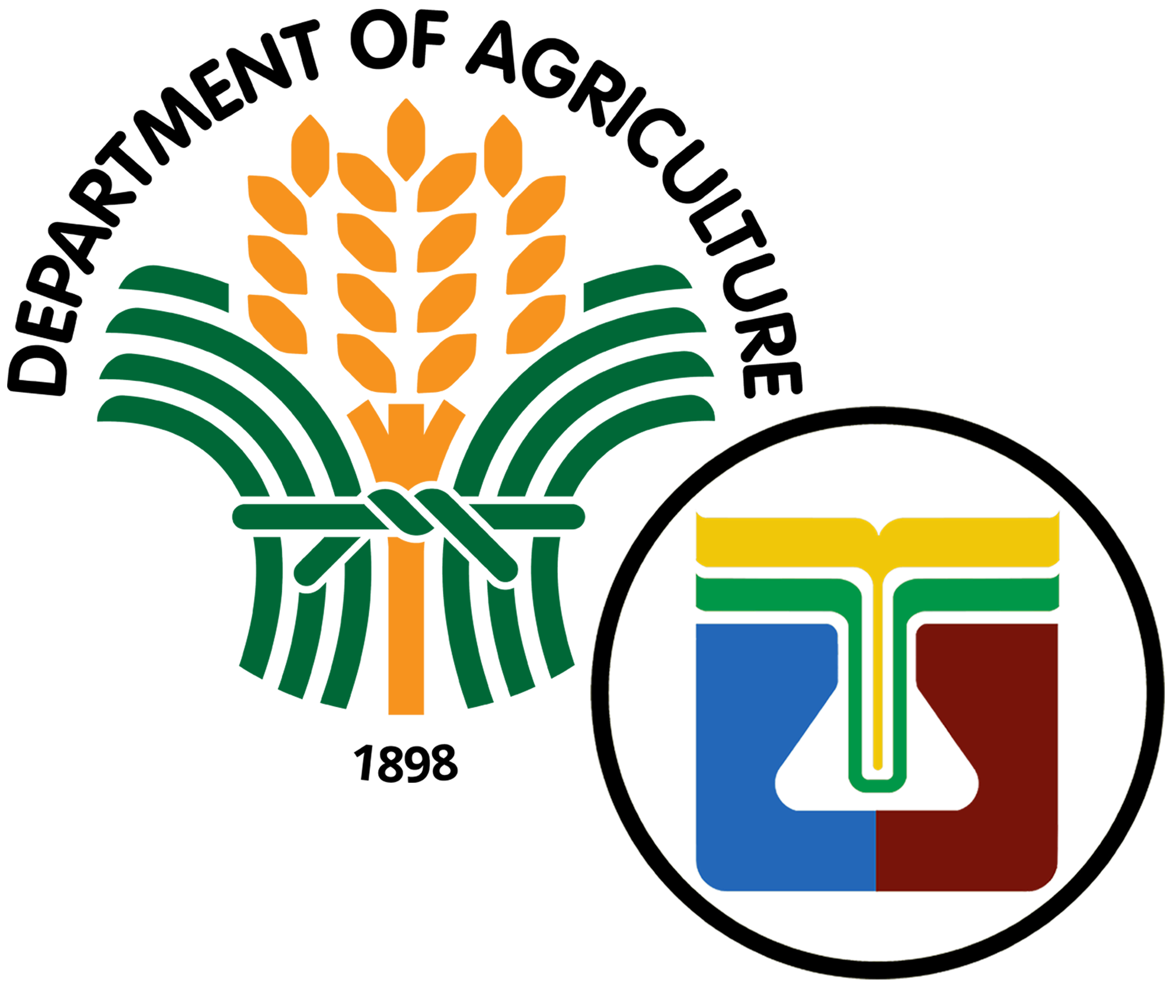- Version 1
- Download 2360
- File Size 605.25 KB
- Create Date July 21, 2020
- Download
Rationale
Organic fertilizers produced from agricultural residues (i.e. rice straw, corn stover, animal ma-nure, etc.) are intensively used as alternative to inorganic/synthetic fertilizers. Considering that large amount of biodegradable wastes are also coming from markets and residences, there is a need to set-up facilities near markets, trading posts and residential areas that will convert those wastes into organic fertilizers/compost which could be used by farmers.
The government has multiple legal and regulatory instruments that facilitate the promotion of the use of organic fertilizers/compost and in turn, support the increase in adoption of organic farming practices nationwide. In CY 2000, Re-public Act 9003 or the Philippine Ecological Solid Waste Management Act was enacted and declared as a state policy the use of environmentally-sound methods that maximize the utilization of valuable resources and encourage resource conservation and recovery. Under Section 10 of the Act, the LGUs shall be primarily responsible for the implementation and enforcement of the provisions of the law within their respective jurisdictions. In more specific terms, the law emphasized the use of composting, in combination with the source reduction and recycling components, as a means to reduce a sufficient amount of solid waste disposed within the LGU jurisdictions.
On the other hand, Republic Act 10068 or the Organic Agriculture Act was enacted in 2010 to promote and develop organic agriculture in the Philippines. Some of the provisions of RA 10068 are related with RA 9003. The Organic Agriculture Act promotes and encourages the establishment of facilities, equipment and processing plants that would accelerate the production and commercialization of organic fertilizers and other inputs. Furthermore, the law specified that the NOAB, as the policy making body of the National Organic Agriculture Program, shall constantly devise and implement ways and means not only of producing organic fertilizers and other farm inputs and needs on and off the farm but also of helping to alleviate the problems of industrial waste and community garbage disposal through appropriate methods of sorting, collecting and composting. Moreover, appropriate advice will be given to local governments from the barangay to provincial level, on the collection and disposal of garbage and waste in such a way as to provide raw materials for the production of organic fertilizer and other farm inputs.
The CFBW is composed of one (1) unit rotary composter, one (1) unit shredding machine. It is in line with the priority thrust of the National Organic Agriculture Program (NOAP) and complements and supports DA plans and programs to increase crop productivity through sustainable agriculture. One of the activities under the NOAP is the provision of composting facilities to farmers’ associations and cooperatives, LGUs, academe and civil society organizations. While the production of organic fertilizers/composts from agricultural residues has been vigorously pursued by the BSWM and their partner organizations since 2009, the use of market and residential wastes as a source of organic inputs was not given sufficient attention despite the enormous volume of biodegradable materials coming from them. Hence, there is a need to extend the provision of composting facilities to cover market and residential sources.



